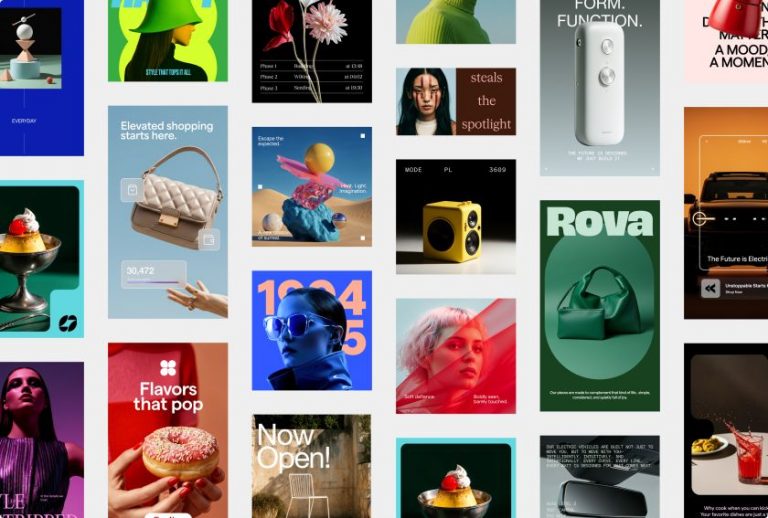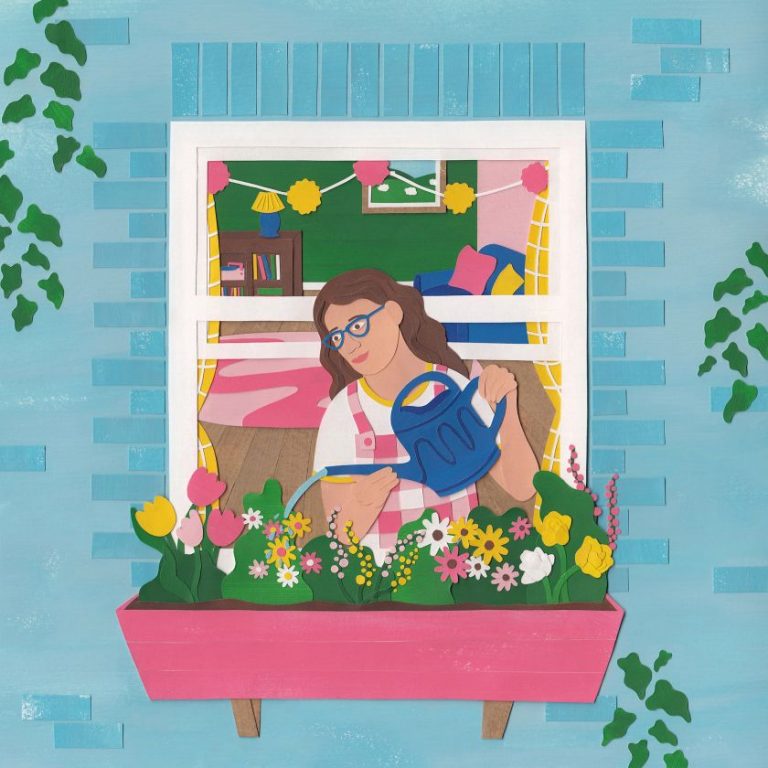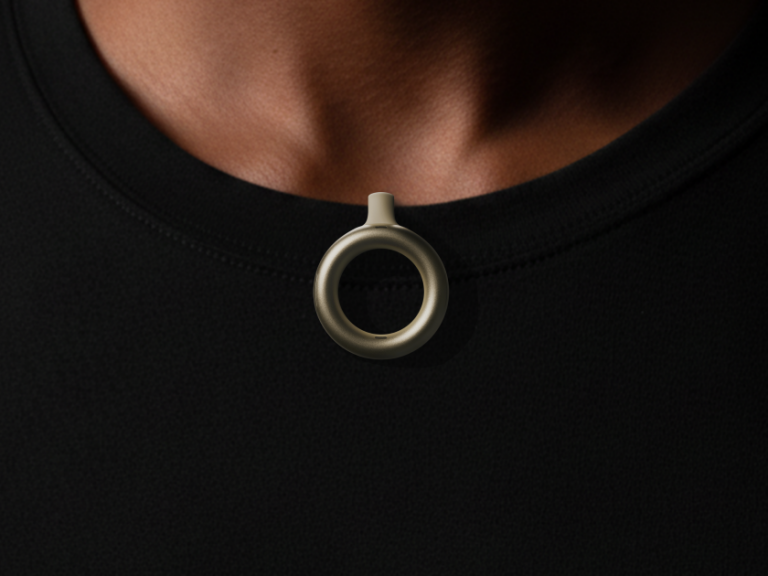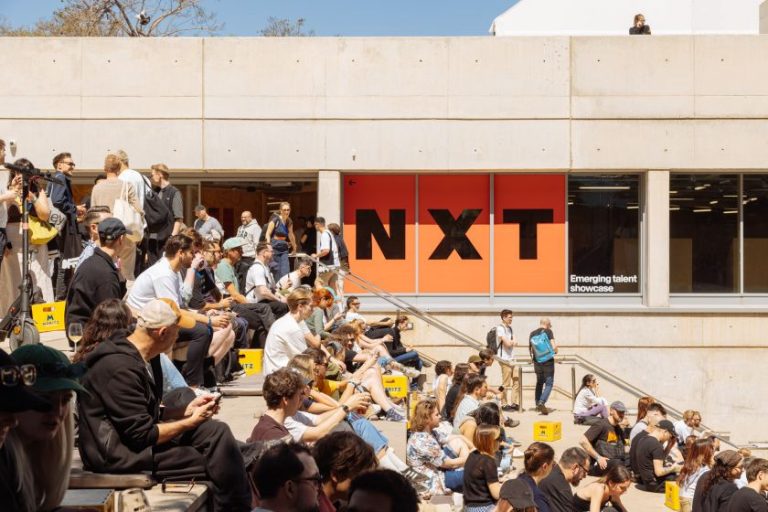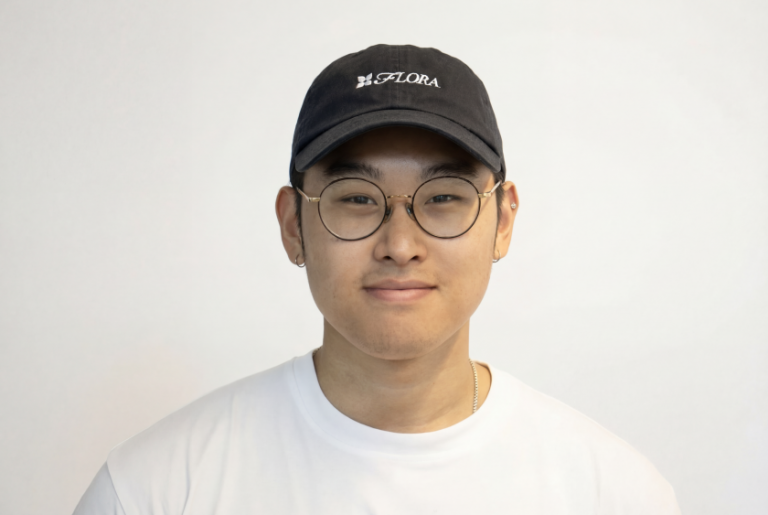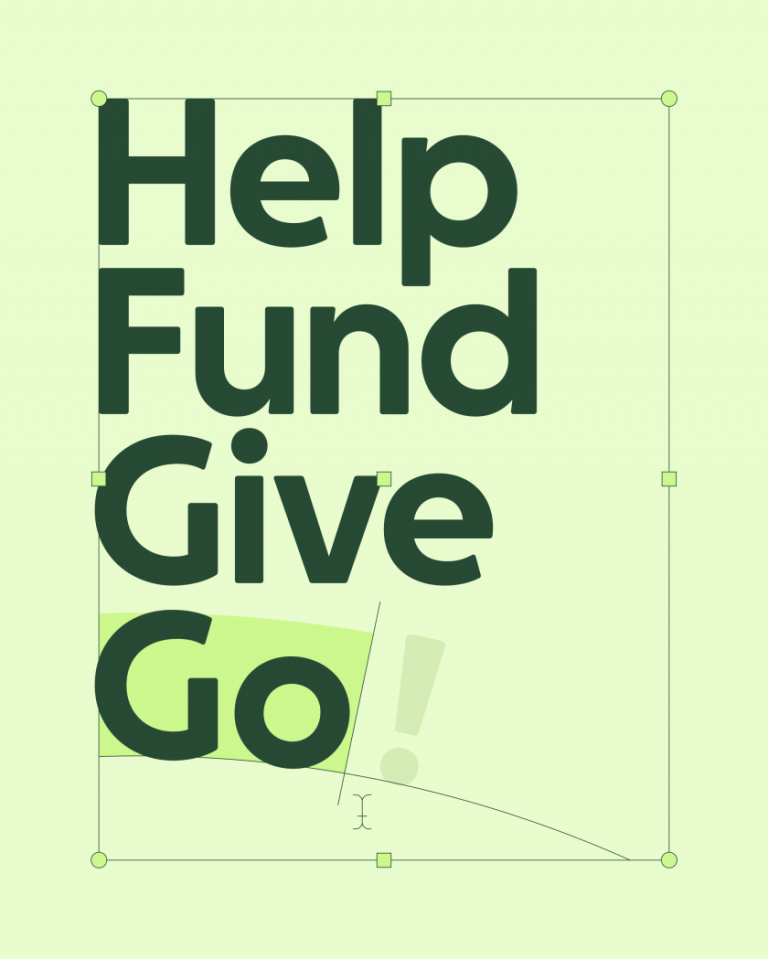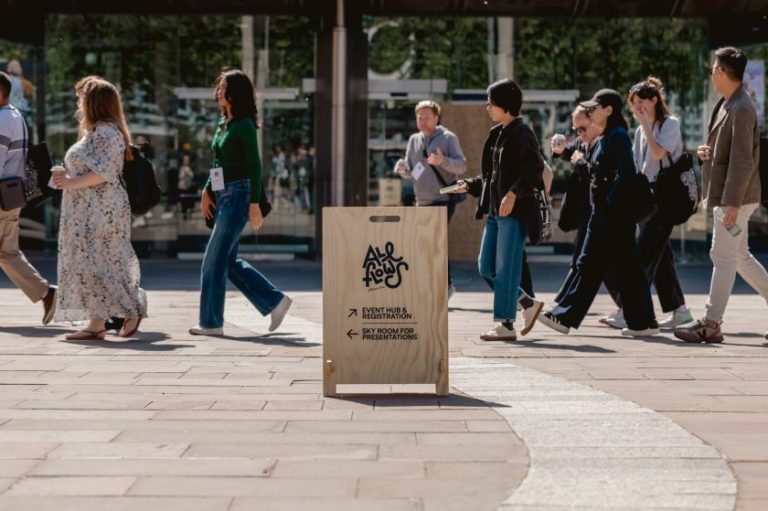For his first project since leaving Pentagram last month, Yuri Suzuki has introduced a new toy for an app that acts like a diary for our happiness and well-being. It was made in collaboration with Pinterest’s Ben Silbermann and Yale scientist Andreas Helin.
It wasn’t so long ago that Yuri Suzuki announced he was officially leaving Pentagram after six years, something he admits was probably his “longest employment record”. On releasing the news in September, he also announced the launch of his own practice again. Fresh out the door is a new project he’s been working on for a non-profit app called How We Feel.
Essentially, it’s a free journal for your well-being created by scientists, engineers, psychologists, and designers. “Over time, you will learn precise words to describe how you feel, spot trends and patterns, and practice simple strategies to regulate your emotions in healthy ways,” it promises.
Led by Ben Silbermann, co-founder of Pinterest, How We Feel is on a mission to create a more “emotionally healthy world”. Its scientific team is led by Dr Marc Brackett and his team at the Yale University Center for Emotional Intelligence – a facility that offers training to schools to help educators, students, and their families better understand and manage emotions.
Yuri and his team have developed a bespoke, generative soundscape for one of the app’s tools. Sound Patterns is an audio toy that allows you to create customised soundscapes to suit your vibe. “Think of it as a personal sound mixer where you can adjust different audio elements to create an audio environment that resonates with your current mood – or the mood you want to experience,” writes Ben Silbermann on his Substack.
“We tailored the sounds to evoke specific emotional responses,” Yuri tells Creative Boom. For example, one aspect called SENDAI is designed to enhance concentration. “We experimented with different rhythms and found that using a 4/4 kick can help people shift into a focused, productive state,” he says. “Many have said that dub techno works well for maintaining concentration, so we drew on that inspiration.”
But will it work? Does sound hold such power? Yes, according to Yuri. “Sound has an immense physiological effect on our emotions. It’s one of the senses closest to the brain, and it’s well known that sound can influence our emotional state—for example, the stress caused by noisy environments like a neighbour’s loud music. This shows how deeply sound can impact our mood and well-being.”
Does Yuri have a favourite of the series? “Each sound was inspired by different cities in Japan, chosen to reflect specific moods or emotions. My personal favourite is Hakone, as it’s designed to evoke a sense of relaxation, much like the town itself, which is known as a peaceful retreat. I think we captured that feeling quite well.”
To sample Sound Patterns for yourself, download the How We Feel app today and let us know which soundscape is your favourite.

